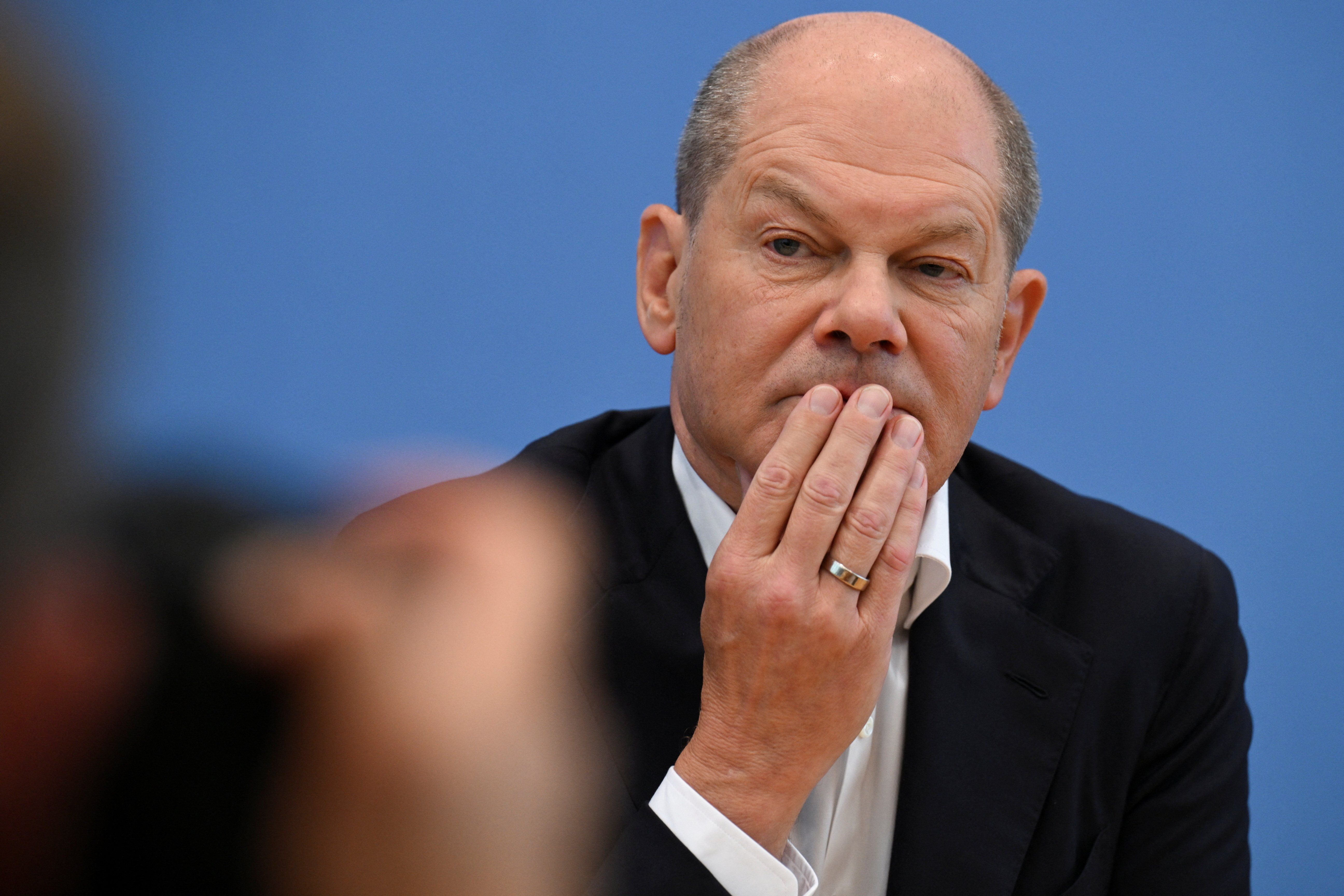Germany is known for being Europe’s economic powerhouse and, as such, is hugely influential in shaping the EU’s finance policies, which makes its economic woes of late worrying.
Deutschland has been in a technical recession since the beginning of 2023. It currently has the second-lowest growth rate among EU countries, and with the decline being driven by lackluster domestic demand combined with depressed demand for exports in key markets like China, that doesn’t look set to change anytime soon. The once-strong manufacturing sector is being crippled by high energy prices together with high labor costs, which is pushing companies to relocate overseas in droves.
After two consecutive quarters of decline, Eurasia Group analyst Jan Techau, the former head of speechwriting in Defense Minister Boris Pistorius’ office, worries that the downswing could be structural rather than just cyclical. “Germany has missed the boat on future technologies, such as AI and genetic engineering. The aging society suffers from bad demographics and a lack of skilled labor … it is clear that this country, after almost two decades of carefree living, has big economic reform, if not upheaval, in front of it.”
Techau also expects fierce budget battles and belt-tightening, meaning that there will be less appetite for ambitious EU projects, whether that be Ukrainian reconstruction or climate policy. This doesn’t bode well for the rest of the EU, particularly the smaller countries in Central and Eastern Europe that depend on Germany to fuel their own economies.
And politically? In a climate where the far-right Alternative for Deutschland Party is already polling at 19% nationally, there are concerns about what could happen in the next general election if the German economy hasn’t turned around by 2025.
“If the economic downswing leads to job losses and income cuts, expect both the center-right and far-right parties to gain support. Governing will soon be harder for Chancellor Olaf Scholz,” says Techau.
